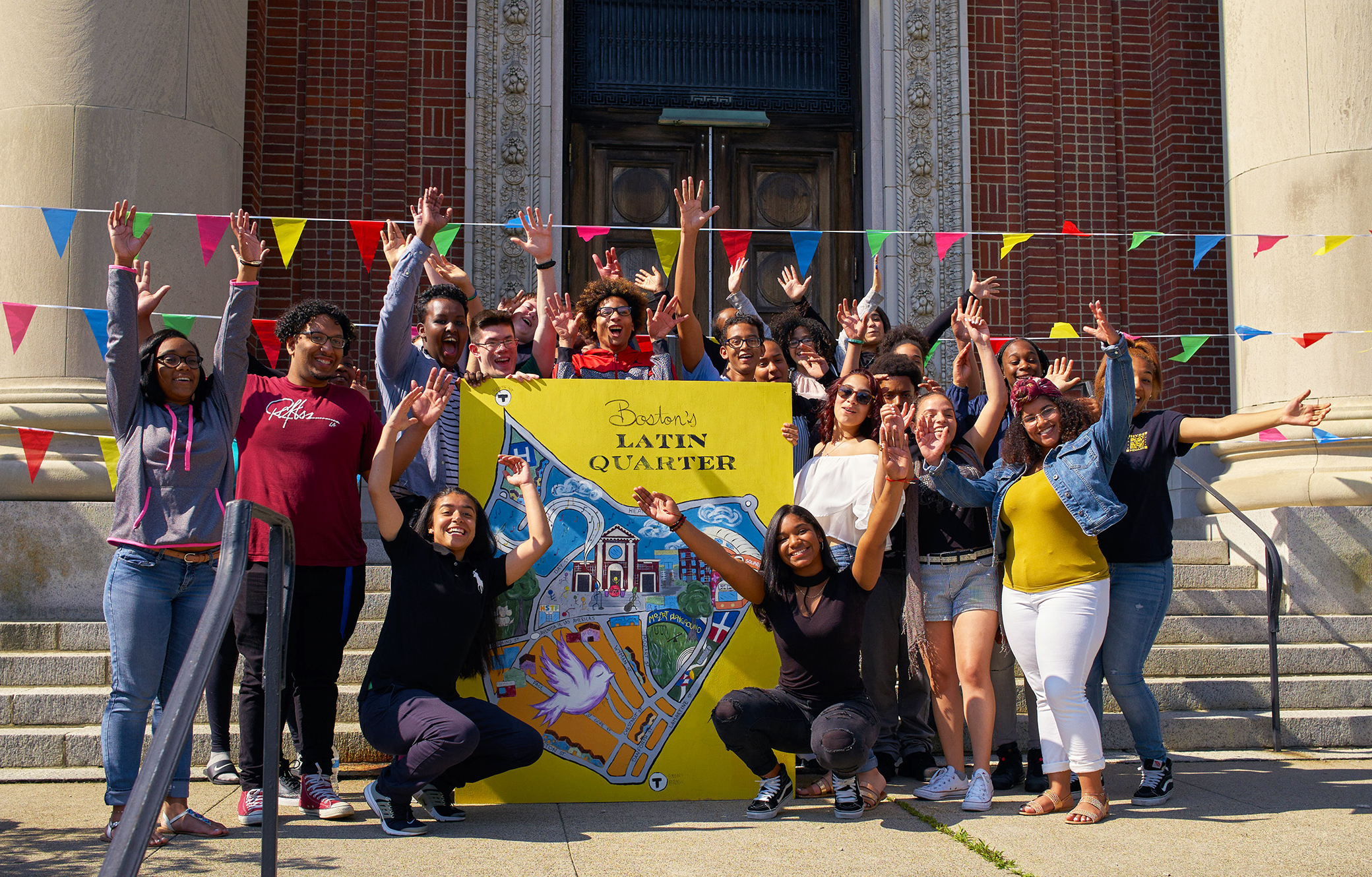
Hyde Square Task Force Connects Latin Quarter Youth to Their Heritage
Hyde Square Task Force (HSTF) is all about building up the young people of Boston’s Latin Quarter. The organization does this through programming and activities that reinforce a sense that their heritage is beautiful and strong and important, like the youth themselves. We think this important work offers a brighter future not just to the students, but to our world as a whole. Because building up individuals is building society.
Kars4Kids’ small grant program was designed to help support efforts such as these. We were glad to have a chance to help Hyde Square Task Force with a modest contribution. We went to Director of Development and Communications Barbara Civill to find out more about the work of the Hyde Square Task Force:
Kars4Kids: Hyde Square Task Force helps youth in the Latin Quarter of Boston to connect to their Afro-Latin heritage. Why is this important?
Barbara Civill: It is important to help youth in the Latin Quarter to connect to their Afro-Latin heritage because this is a way for them to deepen their understanding of themselves and where they come from. In a society and political climate which often does not place value on Afro-Latin culture, our programming responds to that by centering Afro-Latin arts and culture, exploring its history, and lifting up its beauty. This can be a very affirming experience for the mostly Latinx and Black youth that we serve. This increased understanding of their own identity then increases youths’ confidence, and youth then pass on what they learn through their powerful artistic performances and projects and even by teaching others in their art form.
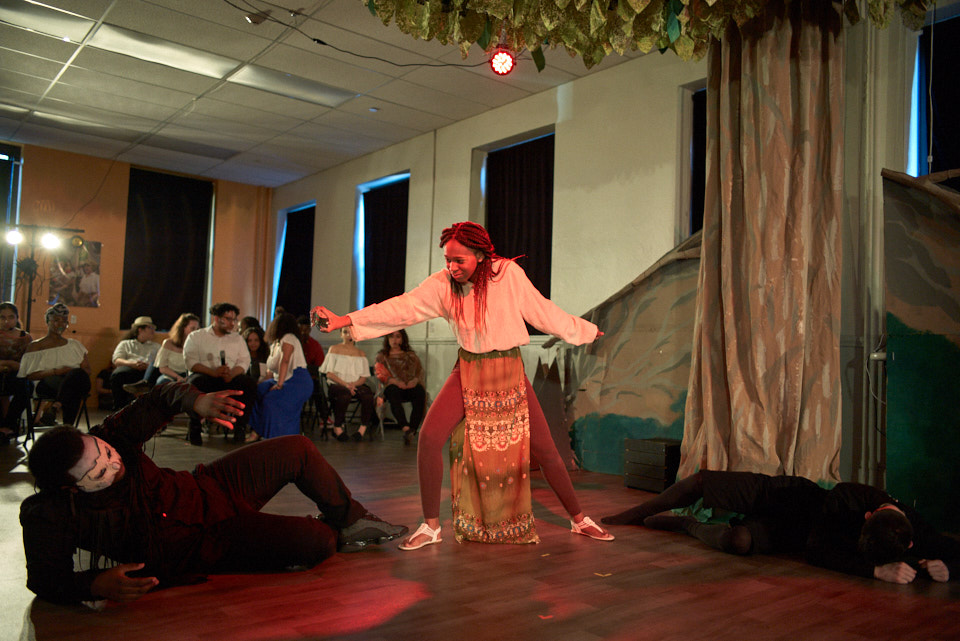
Kars4Kids: You have an impressive 100 percent high school graduation record for your participants. To what do you attribute this success?
Barbara Civill: The youth we serve through our Jovenes en Accion/Youth in Action (JEA) program work very hard alongside our staff. They also work closely with a volunteer mentor, who helps them set goals for life after high school and make a plan for how to achieve those goals. All youth have access to tutoring with additional volunteers who are able to provide support in a wide range of academic subjects. All told, each youth in Jovenes en Accion/Youth in Action works with at least 5 caring adults, making sure they have the support they need to stay on track. JEA’s unique combination of Afro-Latin arts (dance, theatre, and music), education supports, and civic engagement training also plays a critical role. Of course, the education-specific supports provided to youth through JEA are critical in ensuring that youth graduate from high school on time but so is their artistic training. Research shows that youth who participate in the arts are more likely to do well in school.
Kars4Kids: Hyde Square Task Force has been in operation for more than 27 years. Do any of your young people come back to visit or perhaps pay it forward by working with your organization?
Barbara Civill: Yes! Youth who graduate from JEA move on to our College Success Program, and HSTF staff support them until they graduate from college or another postsecondary training program. Even after college graduation, alumni stop by to visit, become donors, or volunteer as mentors. We also have four alumni serving on our Board of Directors, with two in leadership roles as Board Vice President and Board Treasurer. Our Alumni continue to be an important part of the HSTF community.
Kars4Kids: Tell us about your Jovenes en Accion/Youth in Action program. How do you instill leadership skills in young participants?
Barbara Civill: Leadership development is woven throughout the three components of JEA, but especially with the civic engagement and Afro-Latin arts training. Youth participate in regular civic engagement trainings that help them learn the basics of government and how to advocate for change. From there, youth are encouraged to think critically about issues affecting them and their community and some of those youth then work with staff to lead advocacy and organizing campaigns to make change. This work fosters critical thinking, public speaking, leadership, and many other skills amongst JEA youth. They also develop leadership skills through their artistic training, as youth have opportunities to play leadership roles in artistic projects and even as instructors to younger children in their art form. For example, one JEA youth served as Assistant Director of our April 2018 production called Raíces, and other youth lead or assist in our Saturday Music Clubhouse lessons for children as young as 8 years old.
Kars4Kids: What percentage of your students are immigrants? What sort of challenges do these young people face?
Barbara Civill: Last year, 24% of JEA youth were not born in the United States. Many more also have parents who were born outside of the United States, and for 43% of all JEA youth their first language was Spanish. Young people of color in urban areas face many challenges and their lives can be more complex if they or their parents are immigrants. These challenges can be related to school, finding stable and safe housing, food security, employment, immigration status, and the current political climate.
Kars4Kids: You have a program that you bring to area schools: Learn Through Dance. What can children learn through dance?
Barbara Civill: BPS students who participate in our Learn Through Dance program have the opportunity to be physically active during the school day, explore culture, and express creativity through dance. The fun involved in learning dance techniques, basic choreography, and partnering encourages positive engagement in school. Participants also learn active listening, team work, and respect for different cultures as they learn about the history of the Afro-Latin dance choreography they learn.
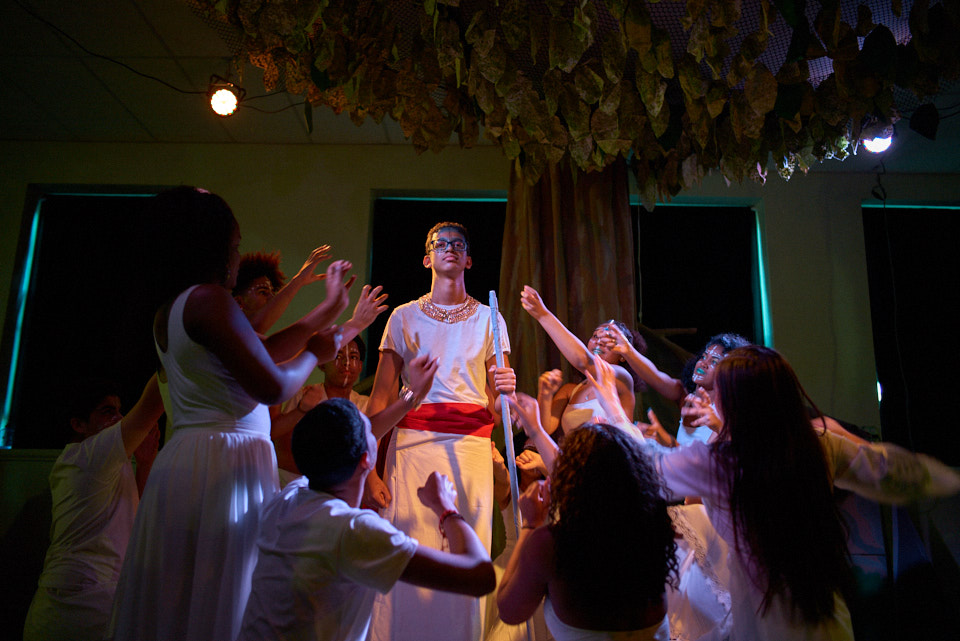
Kars4Kids: Can you give us an overview of your College Success program?
Barbara Civill: Our College Success Program supports students as they transition into, persist in, and ultimately finish college or another postsecondary training program through workshops and college success coaching. HSTF college coaches facilitate Spring and Summer Academy workshops for rising first-year students aimed at better preparing them for the opportunities and challenges of starting college. During these workshops, coaches cover topics like understanding debt and credit and work-school-life balance. Throughout the year, these primarily first generation college going students also meet with coaches for one-on-one coaching sessions, both during on-campus office hours at colleges where students attend and at HSTF. Students often seek support from their coach related to financial aid, choosing courses, and balancing school with work, as most of our students have to work while taking classes.
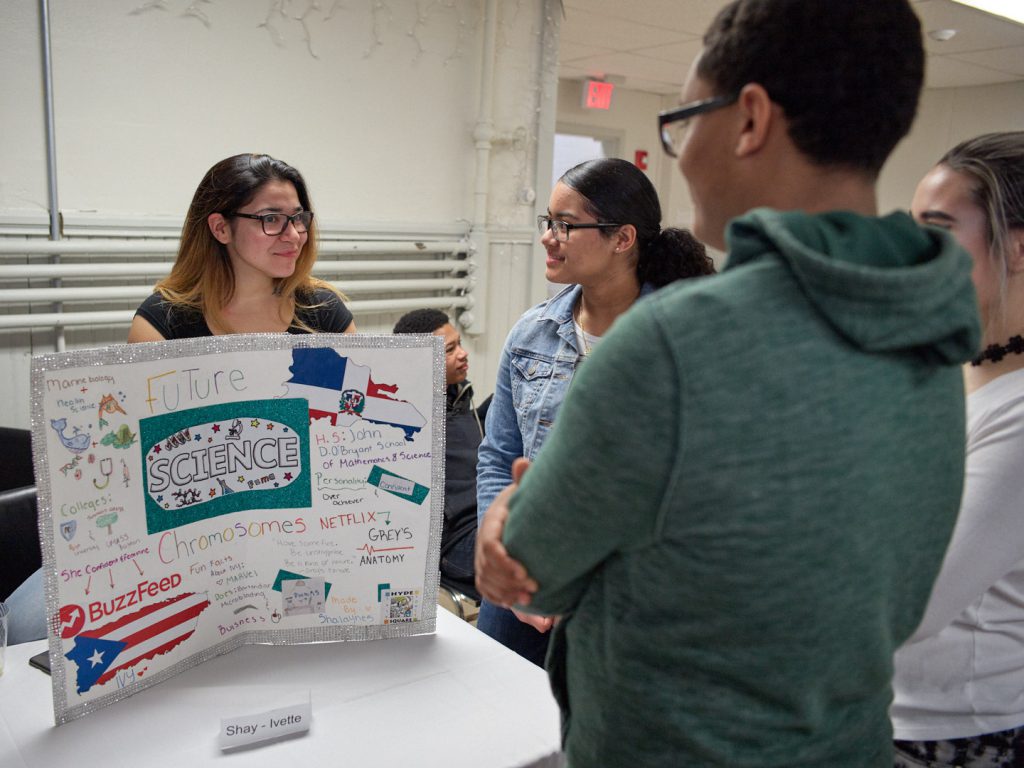
Kars4Kids: Can you tell us some true stories about some of the youth who have found themselves through Hyde Square Task Force?
Barbara Civill: Below is a letter written by a recent graduate about her experience at HSTF. Emely, who was part of JEA’s theatre team (ACT), is now a first-year student at Northeastern University. She wrote this letter in November as part of our end-of-year mailing to supporters of HSTF.
My name is Emely Mateo, former youth leader at Hyde Square Task Force (HSTF). I was part of Acción Community Theatre (ACT) where I had the opportunity to be a stage manager, an assistant director, and an actor. Just like most youth that join HSTF, I was very shy at first and always allowed others to dictate every decision I made. Little did I know that within me there was a very loud voice that simply needed encouragement. And that’s exactly what ACT did for me.
Through playwriting, improv games, and performances, I began to find my voice. It was tremendously loud. Not loud as in noisy, but loud as in whenever I spoke, those around me stopped to listen. Hyde Square Task Force taught me that if you want to do things in life that matter, and you want others to follow, you don’t have to be the loudest one in the room. A leader is one who is capable of connecting and guiding those around them.
As an immigrant who had to leave plenty behind, I felt at home in the Latino community that surrounds HSTF. As I adapted, I began to value the culture and art of the community more than ever. HSTF made me become fully aware of what was happening in the community and gave me the opportunity to then in turn raise awareness with others. I’m more than proud to say that, in collaboration with my HSTF family, we used our artistic skills to try to make the world a better place.
I am grateful that I was given exposure to the real world through such a positive and optimistic lens. I wouldn’t have made it into Northeastern University if it wasn’t for the support I received at HSTF.
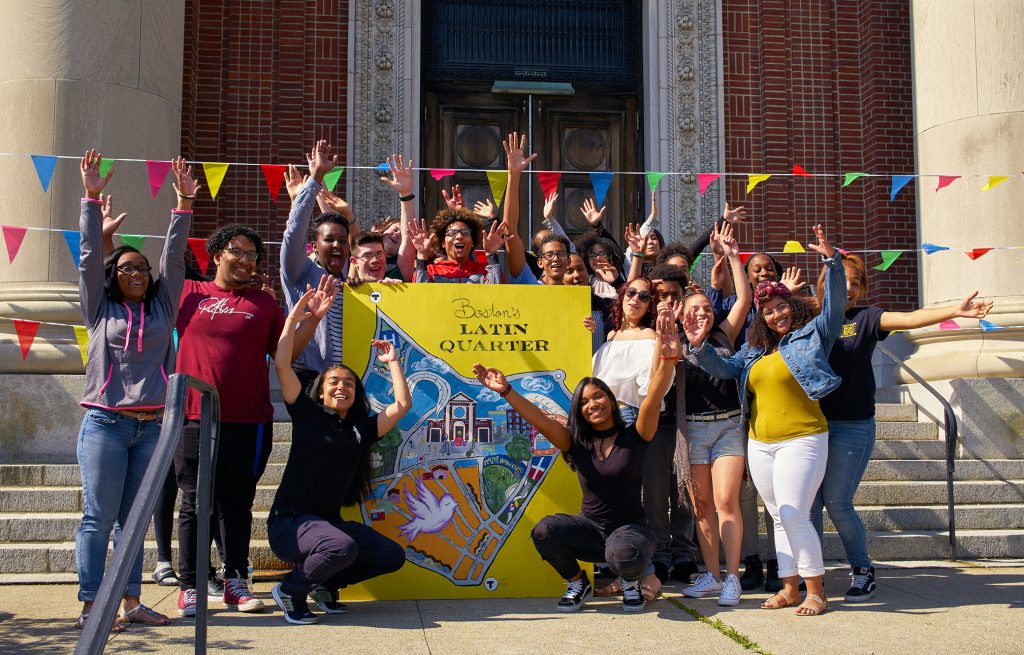
Kars4Kids: What’s next for Hyde Square Task Force?
Barbara Civill: We are at an exciting point in our history. We recently completed a four-year Strategic Plan and have set the ambitious goal to triple the number of youth enrolled in JEA by 2022. We know JEA works and look forward to seeing that impact grow over the next four years as we reach more youth, starting with an expansion to include youth in middle school. Historically, JEA has focused on high school and the expansion to younger youth will allow us to intervene earlier in their lives and support them through what can be a challenging transition from middle school to high school.